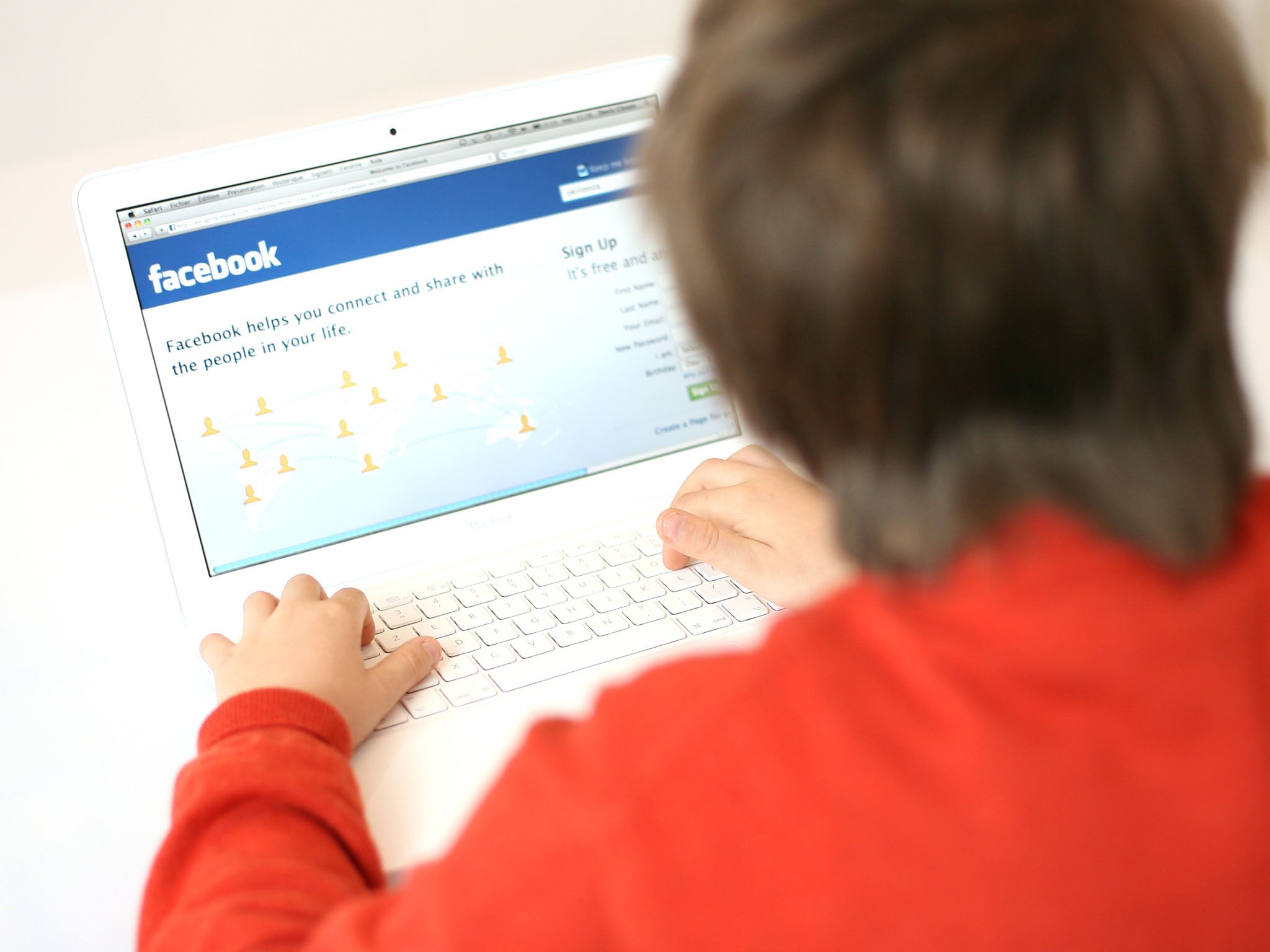Social media bingeing 'as bad as junk food' for children, parents warned
‘Children are in danger of seeing social media like sweeties,’ children’s commissioner Anne Longfield said

Your support helps us to tell the story
From reproductive rights to climate change to Big Tech, The Independent is on the ground when the story is developing. Whether it's investigating the financials of Elon Musk's pro-Trump PAC or producing our latest documentary, 'The A Word', which shines a light on the American women fighting for reproductive rights, we know how important it is to parse out the facts from the messaging.
At such a critical moment in US history, we need reporters on the ground. Your donation allows us to keep sending journalists to speak to both sides of the story.
The Independent is trusted by Americans across the entire political spectrum. And unlike many other quality news outlets, we choose not to lock Americans out of our reporting and analysis with paywalls. We believe quality journalism should be available to everyone, paid for by those who can afford it.
Your support makes all the difference.Parents must stop their children from “bingeing” on social media and consuming time online “like junk food,” the children’s commissioner has warned.
In an interview with The Observer, Anne Longfield attacked the strategies social media giants use to draw young people to their platforms.
She warned that parents need to be proactive in regulating the amount of time children spend online over the summer holidays.
“It’s something that every parent will talk about especially during school holidays – that children are in danger of seeing social media like sweeties, and their online time like junk food,” Ms Longfield said.
“None of us as parents would want our children to eat junk food all the time – double cheeseburger, chips, every day, every meal.
“For those same reasons, we shouldn’t want our children to do the same with their online time.”
The children’s commissioner’s warnings come following a report that found children across all age groups are spending longer periods of time online.
Last year, the internet overtook television as the top media pastime, according to industry watchdog Ofcom.
Research firm Childwise found that children aged five to 15 are spending an average of 15 hours a week on the web.
The time that three- and four-year-olds spent online increased from six hours and 48 minutes to eight hours and 18 minutes a week, while 12- to 15-year-olds were found to spend more than 20 hours on the web each week.
Ms Longfield said parents must supervise how much social media and internet time children are consuming just as they would watch over and regulate their diet.
“When phones, social media and games make us feel worried, stressed out and out of control, it means we haven’t got the balance right.

“With your diet, you know that, because you don’ t feel good. It’s the same with social media.”
She said that children should be made aware of the fact that sites are actively encouraging them to click on another game or video based on what they have played.
Ms Longfield specifically took aim at a feature on Snapchat, known as Snapstreak, which celebrates when friends share photos over three consecutive days. The “streak” is lost if a day of sharing is missed.
The children’s commissioner said the feature intentionally encourages children to spend more time online.
“You find children saying to parents that they have 30 people that they have to do every day and if they don’t, they drop the streak, and everyone will see,” she said.
“And then – does that mean they don’t like me anymore? It’s almost like chain letters. There are children who say they can’t not be online and I think that’s really worrying.”
She called on social media giants to take greater steps to ensure their sites provide a “safe place for kids to be”.
“I want Facebook and all the other social media companies to be as proactive as they can about creating a good place and a safe place for kids to be.
“At the same time I want them to stop using the algorithms and the targeting that get kids addicted – all those things that we know can be very stressful and very destructive.
“However, it doesn’t mean that parents themselves can step aside and wait for it to happen.”
Ms Longfield said parents should implement a “digital five-a-day” strategy to enforce a “healthy online diet”.
Instead of taking away internet use, parents should help children use their time online to learn new skills or exercise their creativity, rather than spending all their time on social media sites.
Join our commenting forum
Join thought-provoking conversations, follow other Independent readers and see their replies
Comments